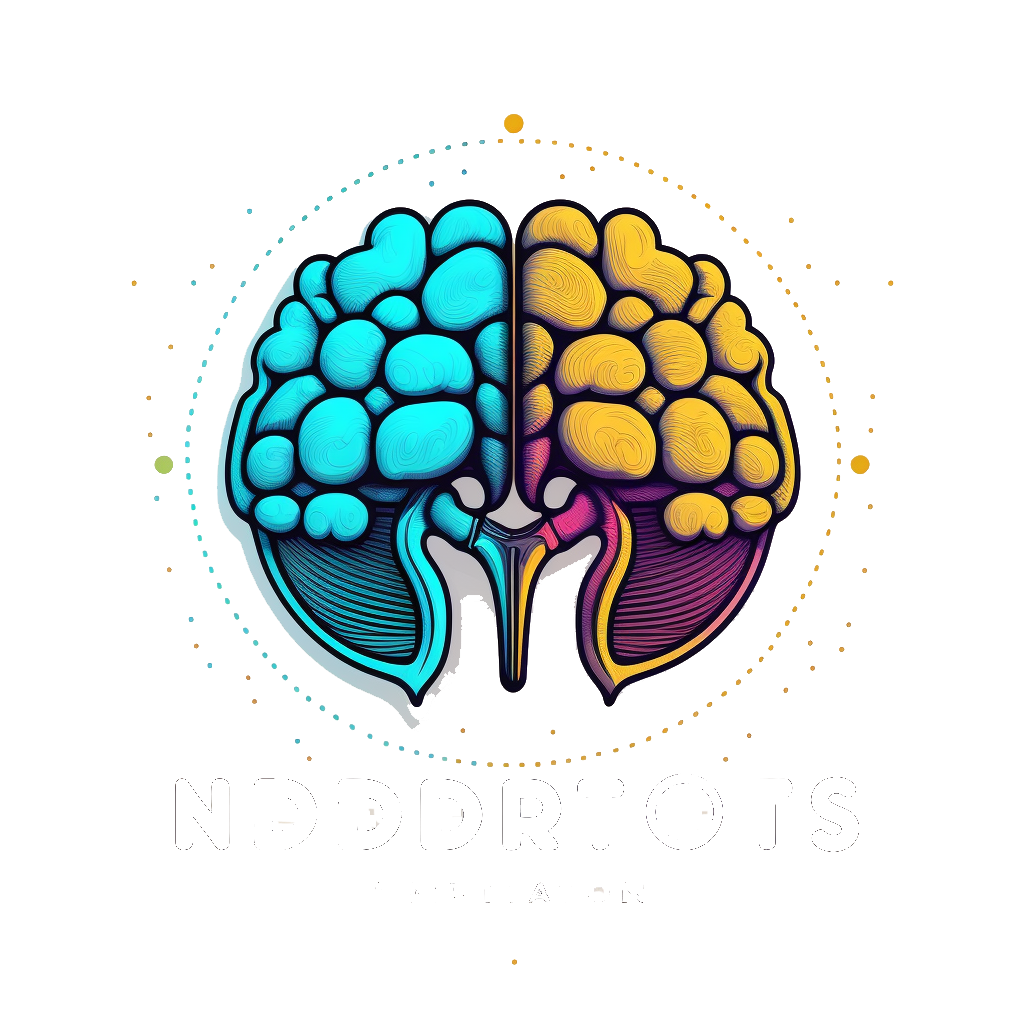Holy Basil, also known as Tulsi, is a herb that has been revered for its medicinal properties in Ayurvedic medicine for thousands of years. It is highly regarded for its potential as a nootropic, offering cognitive-enhancing benefits along with a range of other health advantages.
Holy Basil, scientifically known as Ocimum sanctum, is an aromatic plant native to the Indian subcontinent. It is widely cultivated for its medicinal and spiritual significance. The leaves of the Holy Basil plant are rich in bioactive compounds, including flavonoids, terpenoids, and phenolic acids, which contribute to its therapeutic effects.
Holy Basil’s Nootropic Benefits
Cognitive Enhancement: Holy Basil has been recognized for its cognitive-enhancing properties. It is believed to improve memory, focus, and mental clarity. The herb acts as an adaptogen, helping the body cope with stress and promoting a sense of calmness. By reducing stress and anxiety, Holy Basil indirectly supports cognitive function and enhances overall mental well-being.
Neuroprotective Effects: Holy Basil exhibits neuroprotective properties, which help protect brain cells from damage and degeneration. It possesses antioxidant and anti-inflammatory effects, which can mitigate oxidative stress and inflammation in the brain. These properties are particularly relevant to neurodegenerative conditions such as Alzheimer’s disease and age-related cognitive decline.
Mood Regulation: Holy Basil is known for its mood-regulating effects. It is believed to promote a positive mood and alleviate symptoms of anxiety and depression. Holy Basil contains compounds that interact with neurotransmitter systems in the brain, modulating the release and activity of certain neurotransmitters involved in mood regulation.
Recommended Dosage of Holy Basil:
The optimal dosage of Holy Basil may vary depending on factors such as age, health status, and the specific form of consumption (e.g., fresh leaves, dried leaves, extracts). Typical dosage ranges for Holy Basil supplements are as follows:
-
- Dried Leaves: 2 to 4 grams per day, steeped in hot water to make a tea.
-
- Extracts: Follow the instructions provided by the manufacturer, as potency can vary.
-
- Capsules or Tablets: Follow the dosage instructions on the product packaging.
It’s important to note that individual responses to Holy Basil supplementation can vary, and it’s advisable to consult with a healthcare professional before starting or adjusting the dosage. They can provide personalized advice based on your specific needs and potential interactions with other medications or health conditions.
History of Holy Basil
Holy Basil has a rich history in traditional medicine systems. It has been used for centuries in Ayurvedic medicine for its medicinal properties and spiritual significance. In Ayurveda, it is considered an adaptogen and is believed to promote longevity, enhance cognitive function, and treat various ailments.
Scientific research on Holy Basil has gained momentum in recent years, validating its traditional uses and exploring its potential as a nootropic. Studies have investigated its effects on cognition, stress reduction, mood regulation, and neuroprotection. While more research is needed to fully understand the mechanisms and efficacy of Holy Basil as a nootropic, preliminary findings have been promising and support its traditional use.
Safety and Side Effects
Holy Basil is generally considered safe for most individuals when consumed within the recommended dosage range. However, some people may experience mild side effects such as stomach discomfort, nausea, or skin irritation.
It’s important to note that Holy Basil may interact with certain medications, including those for blood clotting, blood pressure, and diabetes. Additionally, pregnant or breastfeeding women should exercise caution and consult with a healthcare professional before using Holy Basil supplements.
